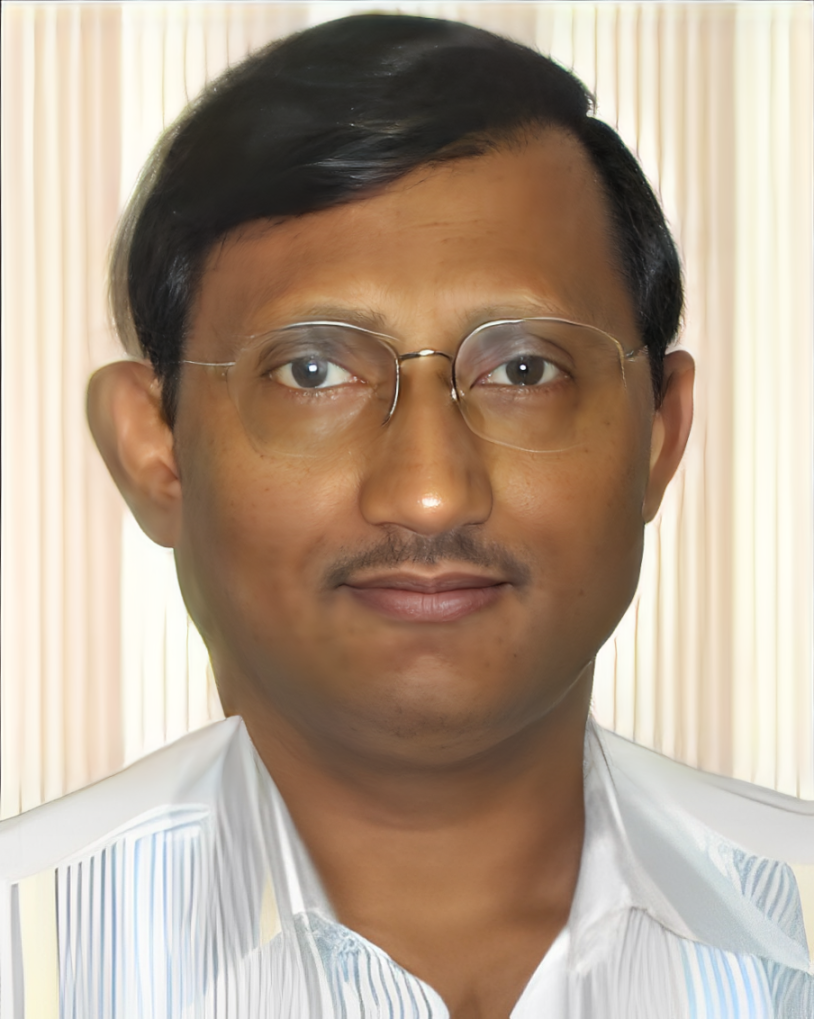 Prof. Lijia Pan H-index: 53 IEEE Senior Member Nanjing University, China |
Biography:
Professor Pan was selected into the Ministry of Education's New Century Excellent Talents Program in 2010 and received the National Science Fund for Distinguished Young Scholars in 2018. As the second principal contributor, he was awarded the Second Prize of the National Natural Science Award in 2017 and the First Prize of the Jiangsu Provincial Science and Technology Award in 2016. He obtained his Ph.D. from the University of Science and Technology of China. Currently, he is a Professor and Doctoral Supervisor at the School of Electronic Science and Engineering/Collaborative Innovation Center of Advanced Microstructures, Nanjing University. He was a Visiting Scholar at Stanford University during 2011-2012 and from May to August 2017. His research focuses on polymeric electronic materials and devices, e-skin devices, and bio-inspired sensory devices. He has published over 200 papers in prestigious journals including Nature Sustainability, Nature Communications, PNAS, Advanced Materials, Nano Letters, ACS Nano, Advanced Functional Materials, Energy & Environmental Science, and Accounts of Chemical Research, with over 21,000 SCI citations, an H-index of 55, and 14 highly cited ESI papers. He has authored 8 book chapters for publishers including Science Press, Wiley, Elsevier, and World Scientific Publishing. He serves on the editorial boards of academic journals including IEEE Journal on Flexible Electronics, Wearable Electronics, Biomimetics, Scientific Reports, and the Journal of Semiconductors.
Prof. Umapada Pal H-index: 56 Benemérita Universidad Autónoma de Puebla, Mexico |
Biography:
Dr. Pal earned his Ph.D. from IIT Kharagpur in 1991, followed by a two-year postdoctoral fellowship at Complutense University in Madrid. In 1995, he joined the Institute of Physics at the Autonomous University of Puebla, Mexico, as a Professor. Over the years, he has held prestigious research fellowships, including AIST, JSPS, and STA Fellowships in Japan, as well as the Brain Pool Fellowship from MSIT, Republic of Korea, where he worked at Sogang University, Seoul, during 2009 and 2019.
Dr. Pal’s research focuses on the design and fabrication of functional nanomaterials for various applications, including solar cells, energy storage devices, catalytic and photocatalytic processes, molecular sensing, and biomedicine. He has authored over 300 research articles, contributed 14 book chapters, and published 13 extended abstracts. With an h-index of 66, his work has garnered more than 15,000 citations. He is also the holder of five registered patents.
Dr. Pal is an accomplished editor, having served as the founding Editor-in-Chief of BME Horizon, joint Editor-in-Chief of the Journal of Phase Change Materials (J-PCM), Associate Editor for Advances in Nano Research (ANR), and a member of the editorial boards of four other international journals.
Dr. Pal received the State Science and Technology Award in Puebla in 2003 and was honored by Sonora University in 2009 for his contributions to promoting research in nanoscience and nanotechnology in Mexico.
Dr. Pal is a member of the Mexican Academy of Science, the American Chemical Society, and the Mexican Physics Society, a reviewer of more than 100 prestigious Journals, including Nature Materials, Nature Communications, Angewandte Chemie, Chemical Engineering Journal, Advanced Functional Materials, etc.
All these achievements placed Dr. Pal among the top 2% researchers in the world (Stanford ranking) and # 1 researcher in Materials Science in Mexico (Research.com).

